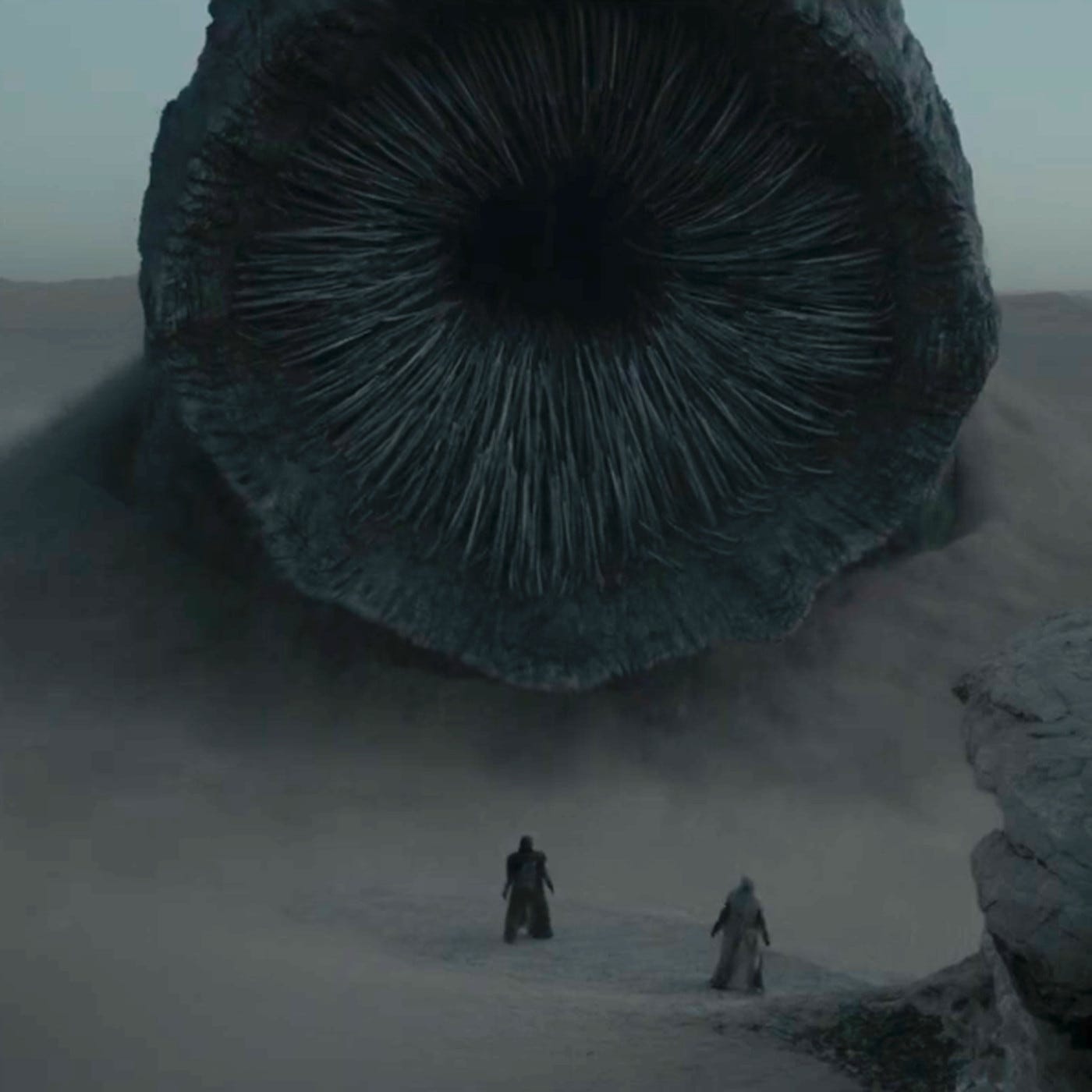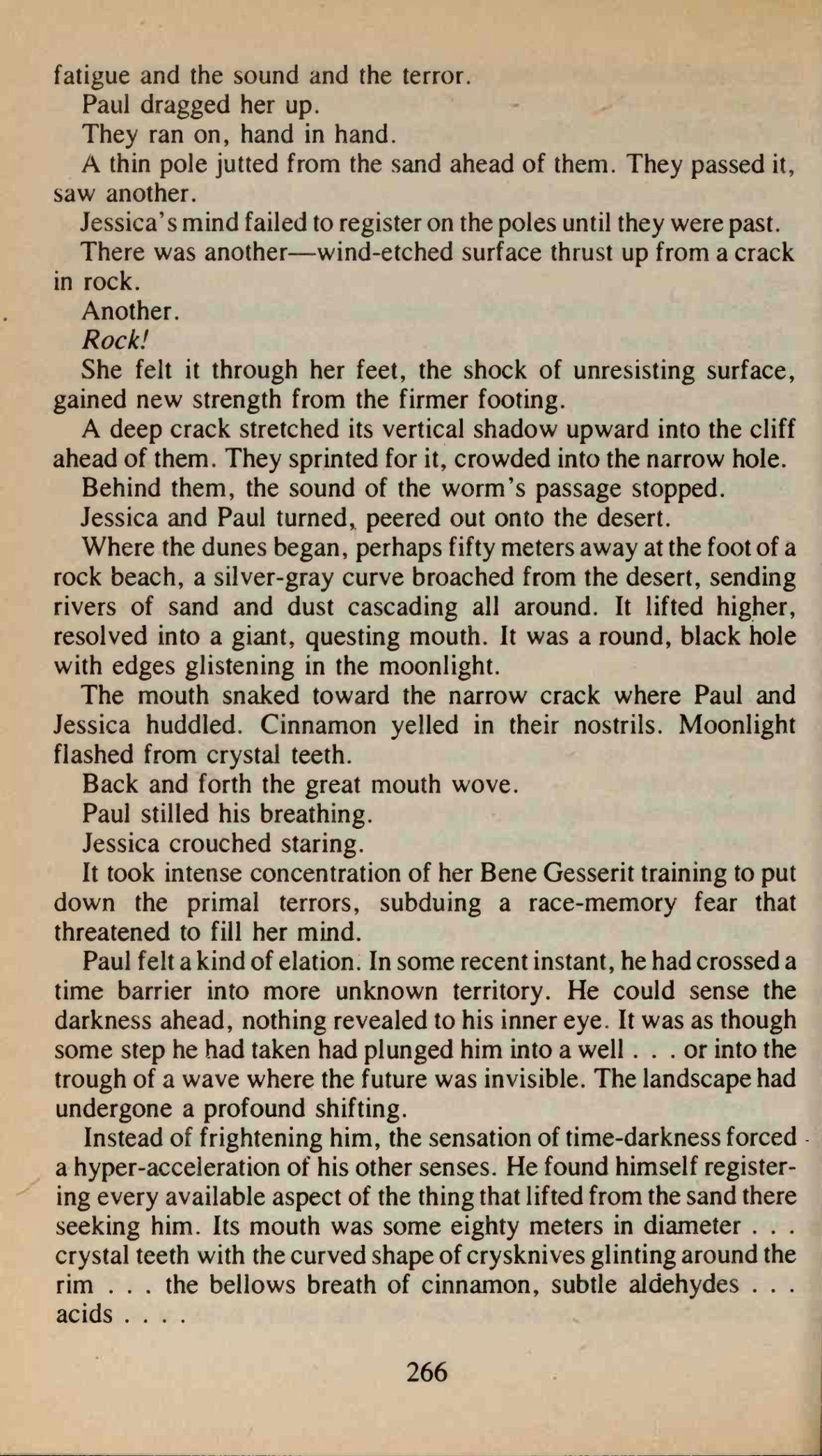Dune and the Infinite Game
The greatest minds of modern Enlightenment thought - from Bacon and Descartes to John Stuart Mill and even Marx - shared an unshakable belief that human beings would one day become the “masters and possessors of nature.” The phrase comes from Descartes, who in many respects deserves to be regarded as the founder of the modern project to remake the world according to a rational plan.
The remarkable thing is how successful the project was. The world was indeed remade. Science has for the first time in human history - science has always existed - been placed in charge of human societies. No serious prophet of the scientific revolution ever promised human beings would get rid of death. Until the branch of modern thought inaugurated by Marx, no one really believed that inequality and labor could be eliminated. As fantastic as the modern project may have sounded when it was first launched, its aspirations were more practical: a life of comfort - free of disease, hunger and fear - where everyone can live to old age and enjoy the pleasures more suited to his or her temperament. The systematic and organised exploitation of natural resources was the suggested way to get there. Until recently, everything seemed to have worked. Large sections of humanity had reached the promised land already, others were catching up fast. To be sure, one still hoped for better treatments for cancer and other diseases - perhaps a cure - and the threat of war never really vanished. Those seemed eminently solvable problems, in no way comparable to past achievements. In a fundamental sense, we had become the possessors of nature, even if there were still some rearguard pockets of resistance to be found.
Alas, there was a fatal flaw with the project, even if it escaped detection until very recently. Just as modern science promised the power to control nature, it also moved towards a definition of the universe that made such power ultimately unattainable. Breaking with previous tradition, what the Italian philosopher Giordano Bruno proposed was an original expansion of the heliocentric planetary system to an infinite and homogeneous universe, where endless planetary systems coexisted, each of them separated from the adjacent ones by a vast extension of space filled with pure air or ether. Unsurprisingly, the theory was regarded with suspicion by his contemporaries. Perhaps they saw the problem. Later, when an infinitive and homogeneous universe became a scientific axiom, the modern project of control was so advanced that no one paid too much attention to the obvious difficulty that an infinite object can never be mastered.
I would argue that the problem remained relatively marginal and obscure for a long time and only acquired prominence in the twentieth century. We owe that prominence to science fiction. All or almost all classics of the genre are reflections on the infinite game of mastery. Infinite because the object cannot be delimited. Mastery because the fundamental drive posited by Bacon or Descartes has not disappeared. Human beings are still forced to struggle for survival in an inhospitable environment.
In Dune - the novel by American writer Frank Herbert - the plot centres around the political struggle between two rival families. There are echoes of Shakespeare, different religious scriptures and the skulduggery of Roman politics, but that is not what makes Dune a masterpiece. What it does that is new and cosmic in scale is turn the planet Arrakis - Dune - into the protagonist. Even the struggle between House Atreides and House Harkonnen is in the end a sideshow. What matters is the greater struggle between the human mind and those infinite spaces whose mysteries we are summoned to invade. This is no longer the inert nature of Descartes. Dune opens up to the infinite universe of Bruno, never completely known, always revealing new elements and powers, a universe at least as alive as human beings themselves.
As the writer James Carse put it, there are two kinds of games. “A finite game is played for the purpose of winning, an infinite game for the purpose of continuing the play.” There is an image of progress and technology where they are conceived as a finite game. It is the vision of Descartes and all the other great prophets of the Enlightenment. The goal of technology as a finite game is to bring about a final victory of the human mind over nature and create the conditions for a fully predictable world. When technology is understood as an infinite game, progress is never final - there is no victory - but that fact is welcomed as proof that the human mind must continue to grow in order to face greater and greater challenges.



